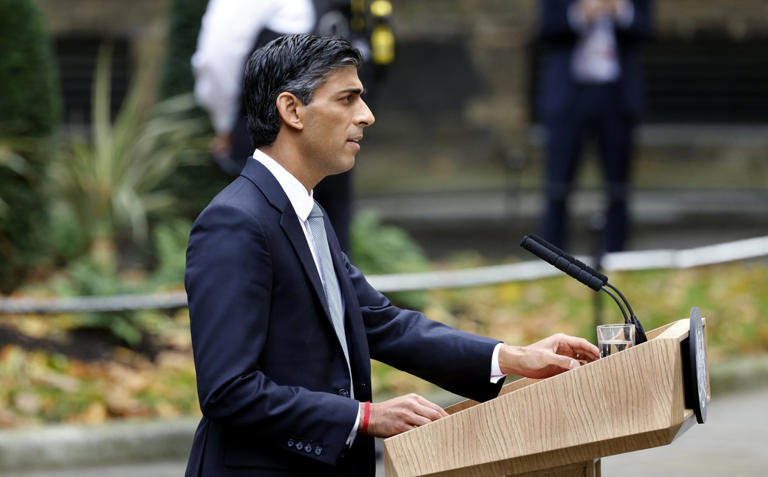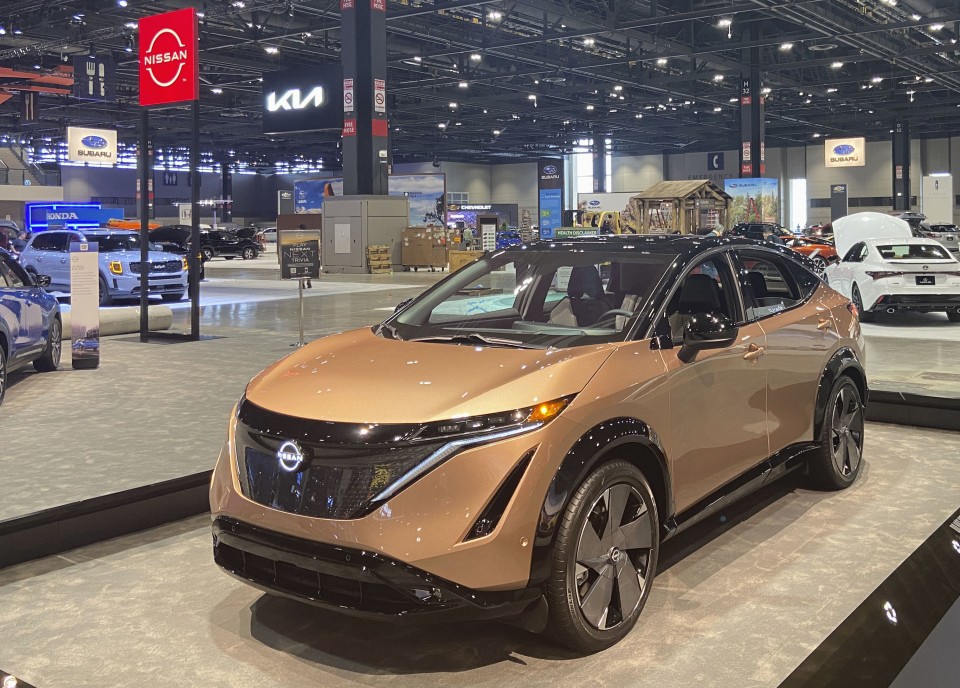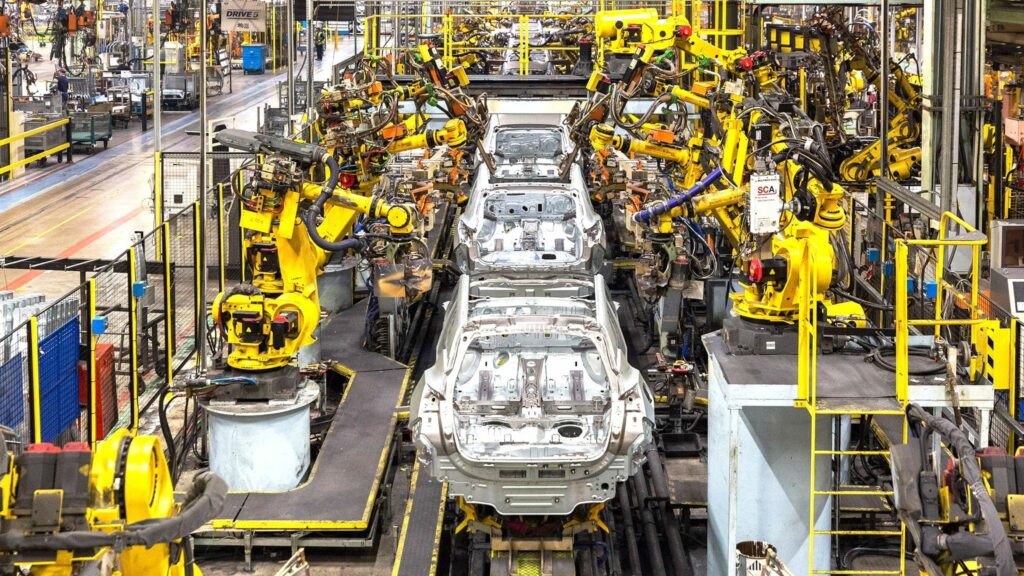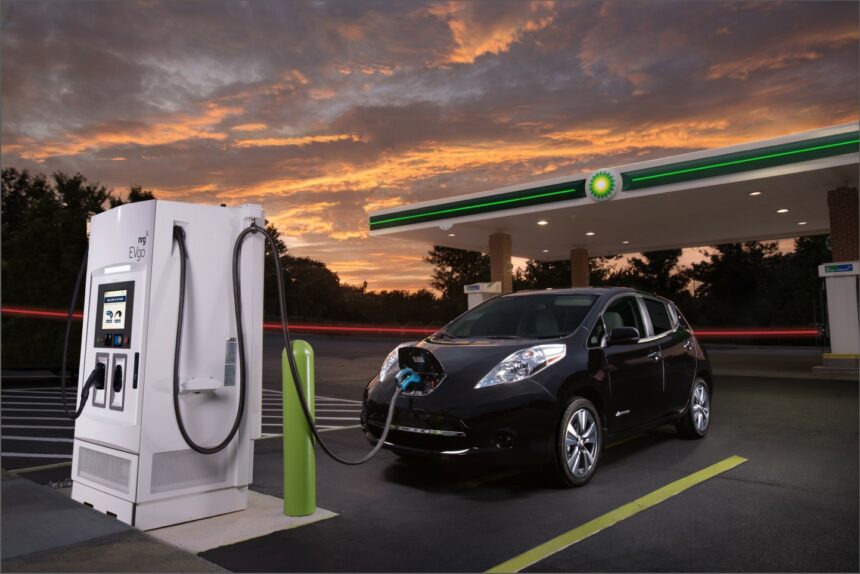In a significant move towards a greener future, the UK government has released guidelines for the gradual phasing out of new internal combustion engine (ICE) cars and vans. The new extended deadline for this transition is now set for 2035, with the government aiming to reduce the environmental impact of transportation and align with its net-zero emissions goals.

Under the terms of the so-called zero-emissions mandate published by the Department for Transport, there will be a gradual increase in the number of zero-emission vehicles on the roads:
- 22% of new cars must be zero-emission from January of the coming year.
- This figure will increase to 52% in 2028.
- By 2030, 80% of new cars are expected to be zero-emission.
- Finally, the target is for 100% of new cars to be zero-emission by 2035.
This announcement follows a five-year delay to the original ban on new petrol and diesel cars and vans, which was made by Prime Minister Rishi Sunak earlier this month. The delay is seen as a “pragmatic” approach to achieving the UK’s ambitious net-zero emissions goals.

While the mandate has been anticipated by the automotive industry for two years, some manufacturers have expressed frustration that it was only published three months before coming into effect. Nevertheless, the 22% target for the next year remains unchanged, and industry insiders express confidence in achieving it, particularly as 20% of new cars sold last year were already classified as zero-emission.
Despite the extended deadline, many car manufacturers are committed to producing solely electric vehicles from 2030 or even earlier, with Nissan being among the latest to confirm this commitment. However, it’s worth noting that there won’t be an outright ban on owning petrol or diesel cars even after 2035, and millions of them are expected to remain on the roads for years to come.
The automotive industry, though moving towards greener options, still faces uncertainty over EU rules that will come into play next year. These rules govern how much of a vehicle must be produced in Europe or the UK to avoid 10% tariffs. The “rules of origin” stipulate that 45% of a vehicle’s total value must come from home-produced components starting from January 1st. Achieving this target is particularly challenging for electric vehicles, where the battery represents a significant portion of the vehicle’s value.
As most manufacturers in the UK and the EU rely on batteries produced in Asia, this puts significant pressure on the European automotive industry. The UK is actively seeking a relaxation of these rules, with support from Germany. Mike Hawes, the chief executive of the Society of Motor Manufacturers and Traders, welcomed the clarity provided by the mandate’s publication, emphasizing the automotive industry’s commitment to decarbonization and the importance of the zero-emission vehicle mandate.

Ford, which had criticized the initial delay to 2035, has welcomed the mandate and expressed satisfaction that some of its ideas were reflected in the guidelines. Transport Secretary Mark Harper stated, “The path to zero-emission vehicles announced today makes sure the route to get there is proportionate, pragmatic, and realistic for families.”
The gradual phasing out of petrol and diesel cars is a significant step towards a more sustainable and environmentally friendly future for the UK’s transportation sector. It reflects a growing global trend toward reducing emissions and transitioning to cleaner forms of mobility.








